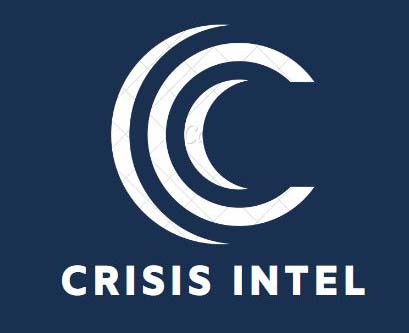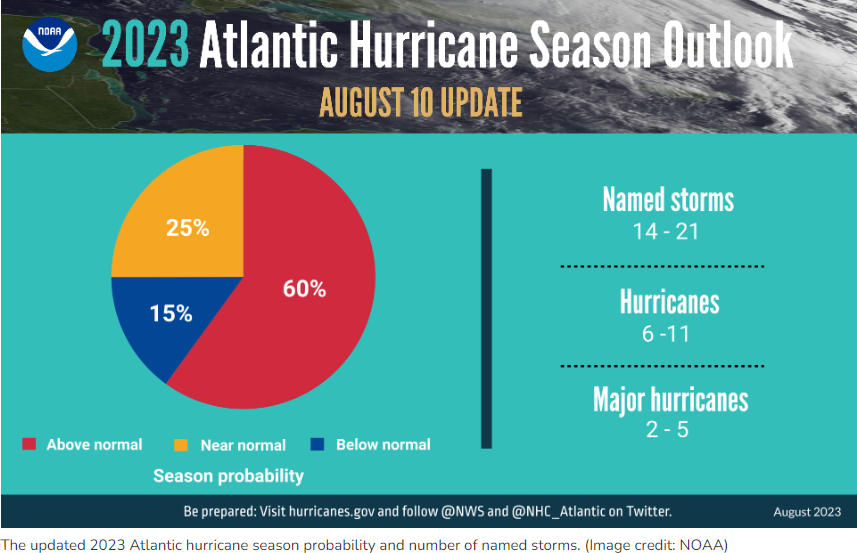The National Oceanic and Atmospheric Administration (NOAA), a key division of the U.S. Department of Commerce, has recently accentuated the importance of disaster preparedness, given the changing atmospheric conditions influenced by global warming. Such changes, particularly in the form of record-warm Atlantic sea surface temperatures, are notably impacting weather phenomena like hurricanes and tornadoes.
In their updated 2023 forecast, NOAA scientists from the Climate Prediction Center have revised their predictions for the ongoing Atlantic hurricane season from near-normal to above-normal activity. The significant change has been attributed to current oceanic and atmospheric conditions. Interestingly, while the El Nino event usually brings about atmospheric conditions that limit hurricane activity, this year’s limiting conditions have been slow to manifest. The warm phase of the Atlantic Multi-Decadal Oscillation, combined with the record-warm Atlantic sea surface temperatures, is influencing a more active hurricane season.
NOAA’s revised forecast indicates a 60% likelihood of an above-normal Atlantic hurricane season, up from the 30% prediction made earlier in May. This adjustment is a stark reminder of the unpredictable nature of climate change and its influence on weather patterns. The Atlantic region has already seen an active start to its hurricane season with five significant storms, including one hurricane. Considering that an average season typically witnesses 14 named storms, of which seven escalate to hurricanes, including three major ones, the updated predictions are a cause for concern.
Matthew Rosencrans, the lead hurricane season forecaster with NOAA’s Climate Prediction Center, emphasizes the significance of these climate factors and urges communities to take proactive measures in preparation for the season’s continuity. NOAA’s hurricane predictions primarily focus on overall season activity rather than specific storm landfalls. However, the agency remains committed to providing timely and accurate forecasts, leveraging new tools and models to enhance prediction accuracy.
Given these evolving conditions and heightened risks, We at Crisis Intel strongly advocates for communities in vulnerable zones to develop comprehensive hurricane preparedness plans and stay updated through trusted, official channels as the season unfolds.

